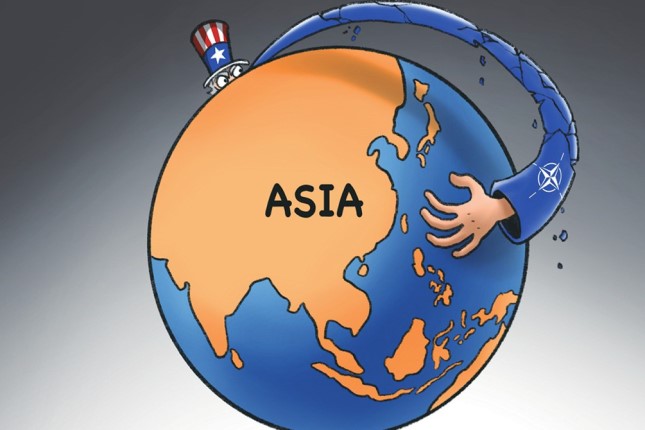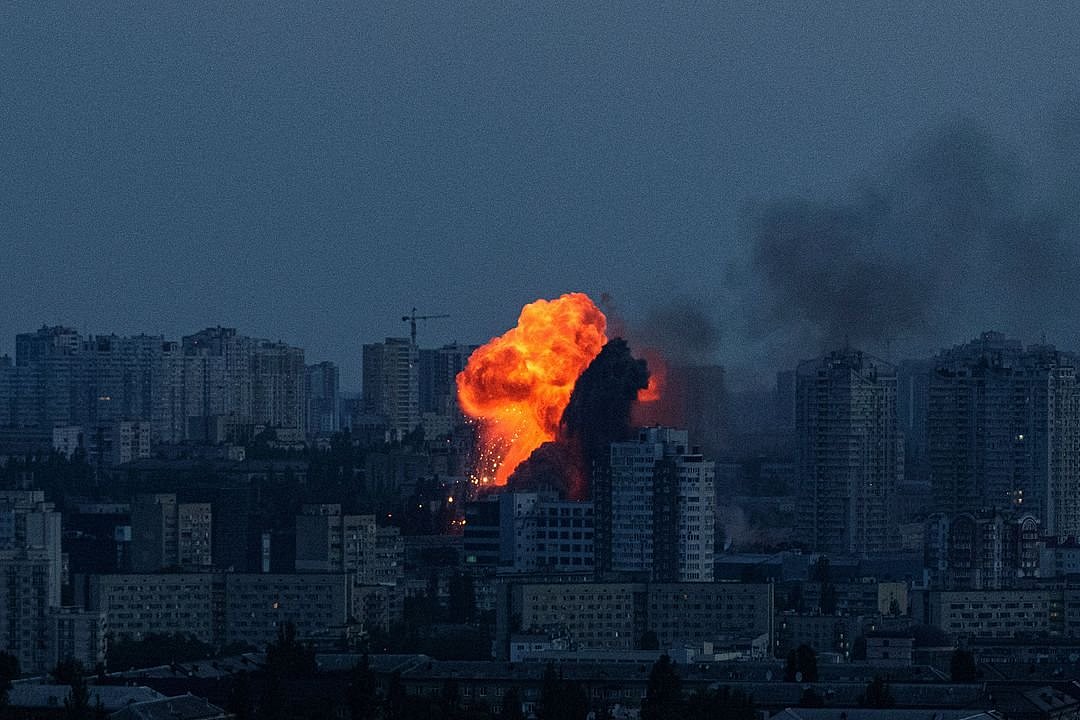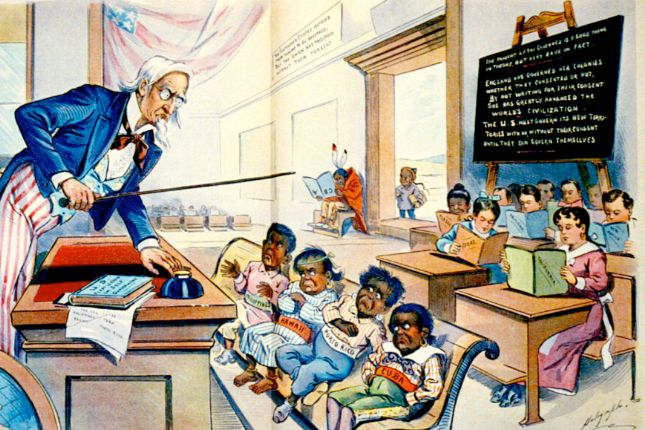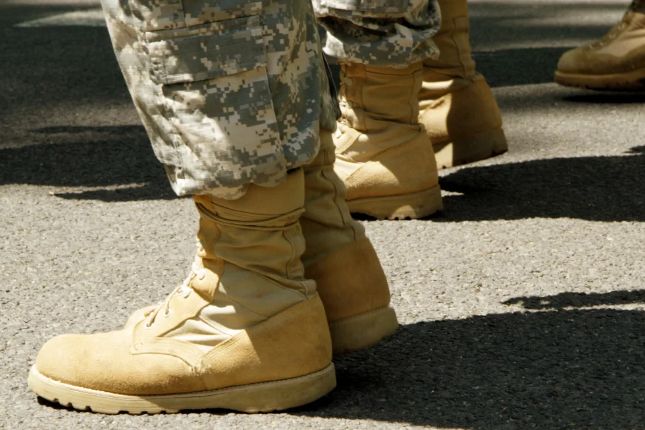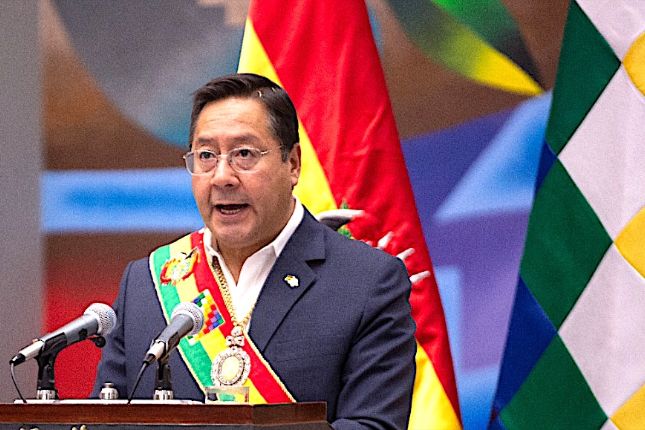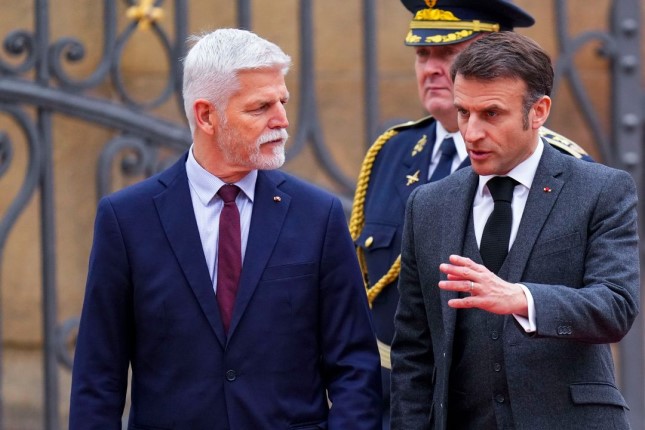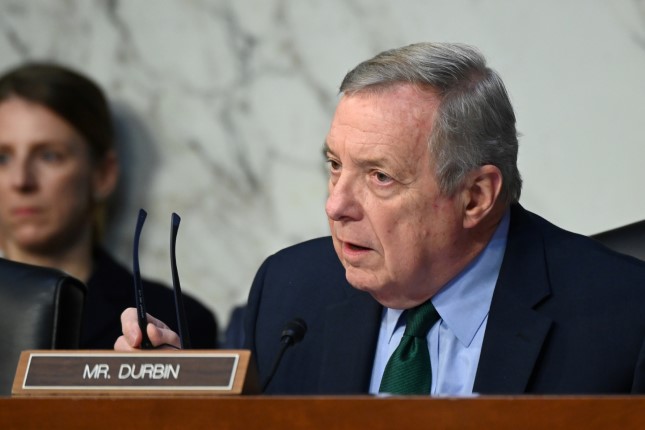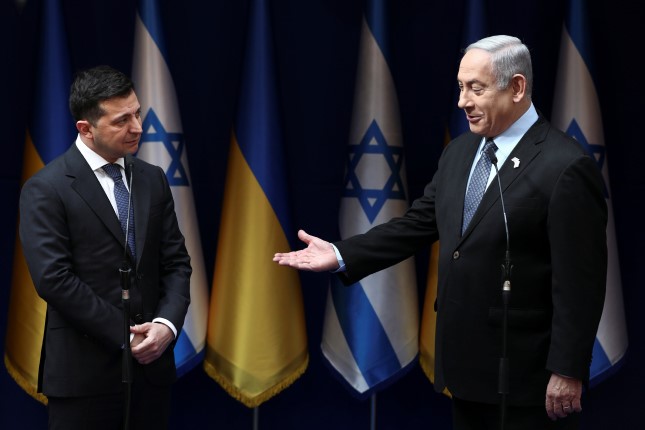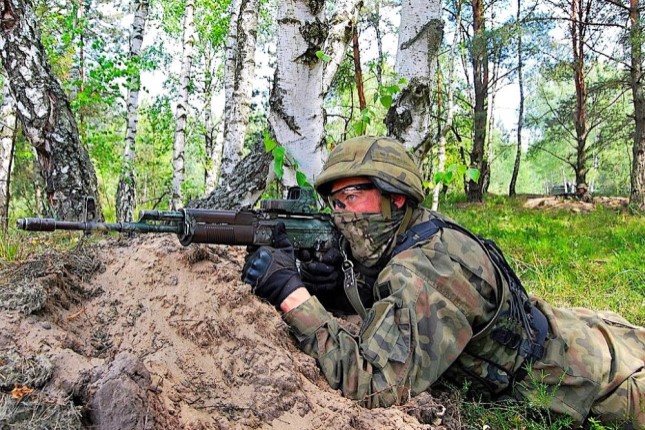The meeting focuses on plans to "counter the threat" from Russia, including discussions on NATO's expansion and Ukraine's future membership to NATO. Meanwhile, NATO's strategic impulse to meddle in the Asia-Pacific region is also imminent at this summit. Expanding cooperation with the four "Asia-Pacific partners" - Japan, South Korea, Australia and New Zealand - is another major topic of the summit. In this regard, the US media boldly stated that NATO is trying to "deter China's strategic ambitions."
This is the second year that Japan, South Korea, Australia and New Zealand have been invited to the NATO summit. In order to firmly rope in these four countries, NATO imitated the "Quad" mechanism of the US, Japan, India and Australia at last year's summit, and specially created a new name for these four countries called "Asia-Pacific Four (AP4)." This aims to institutionalize the cooperation between these four countries and NATO, and make them de facto new allies of "NATO+" in the Asia-Pacific region. According to sources, the joint statement to be issued in Vilnius will change the name of AP4 to "Indo-Pacific Four (IP4)," which is undoubtedly more in line with Washington's tone.
There are 31 NATO members, but they have never been monolithic and have different views on many international issues. However, they are in general dominated by the will of the US. Now they have been kidnapped by the panic and tension instigated by the US, becoming "Washington's axe, spears and shovels." Wherever NATO goes, wars are likely to break out. These are not only the subjective impressions left by NATO, but also objective facts to a large extent. This situation is actually more worthy of the high vigilance of those member states within NATO that have no intention of being passively involved in the war.
The outbreak and prolongation of the Russia-Ukraine conflict, along with the chaos and changes in the world, have given NATO, which was once on the verge of brain death, an opportunity to breathe and extend its existence. However, it has also led NATO to make highly erroneous conclusions and judgments, resulting in an unprecedented expansion of its geopolitical ambitions after the Cold War, as evidenced by the NATO summit in Vilnius.
At the Vilnius summit, we saw NATO become more ambitious and aggressive. When NATO is being arrogant, we must sternly warn it of two points: Firstly, NATO must restrain rather than indulge its own impulse to expand, position itself correctly, and never cross the line; secondly, NATO must respect the legitimate security concerns and interest demands of major countries in the region, rather than offend and provoke them. Otherwise, it will lead to disastrous consequences. The conflict between Russia and Ukraine is a lesson. If NATO does not restrain itself but even aggravates its actions, more serious consequences will follow.
To put it more directly, NATO must promptly withdraw the black hand it has extended toward the Asia-Pacific region, and it should not even think about squeezing half of its body in the future. Apart from certain countries like Japan, which act out of dark selfish motives rather than considering the overall interests of Asia, the majority of countries in Asia not only do not welcome NATO but also see it as a terrible monster that should be avoided at all costs. This is because NATO only brings security risks, war threats, and development predicament to Asia.
Former Australian prime minister Paul Keating recently issued a statement, criticizing NATO and its Secretary-General Jens Stoltenberg without reservation. He hit the nail on the head, saying "The Europeans have been fighting each other for the better part of 300 years, including giving the rest of us two world wars in the last hundred. Exporting that malicious poison to Asia would be akin to Asia welcoming the plague upon itself." He also called Stoltenberg, who exaggerates the China threat, a "supreme fool" who "conducts himself as an American agent more than he performs as a leader and spokesperson for European security."
Keating is a visionary and insightful politician. We highly agree with his statement. No one has criticized NATO more accurately and vividly than Keating. His words reflect a consensus among Asian countries. The transatlantic military alliance, which has been expanding and disrupting the security situation in Europe since the Cold War, is now extending its reach into the Asia-Pacific region. Its ulterior motives are well-known in the international community. Inciting division and hatred, creating group confrontations, and causing chaos in Europe, they now seek to disrupt the peace in the Asia-Pacific region. We firmly resist this, together with the majority of countries in the Asia-Pacific region.
Japan, disregarding strong opposition from its neighbors, is stubbornly pushing its plan to dump nuclear-contaminated wastewater into the ocean. Now it is persistently introducing NATO's military and political troubles into Asia, which could be seen as Japan's second betrayal and crime against Asia after its fascist aggression. If there are consequences, Japan bears an undeniable historical responsibility. Given this, it is not excessive no matter how we condemn Japan.
Source: The Global Times.
